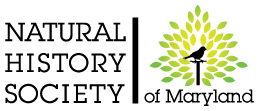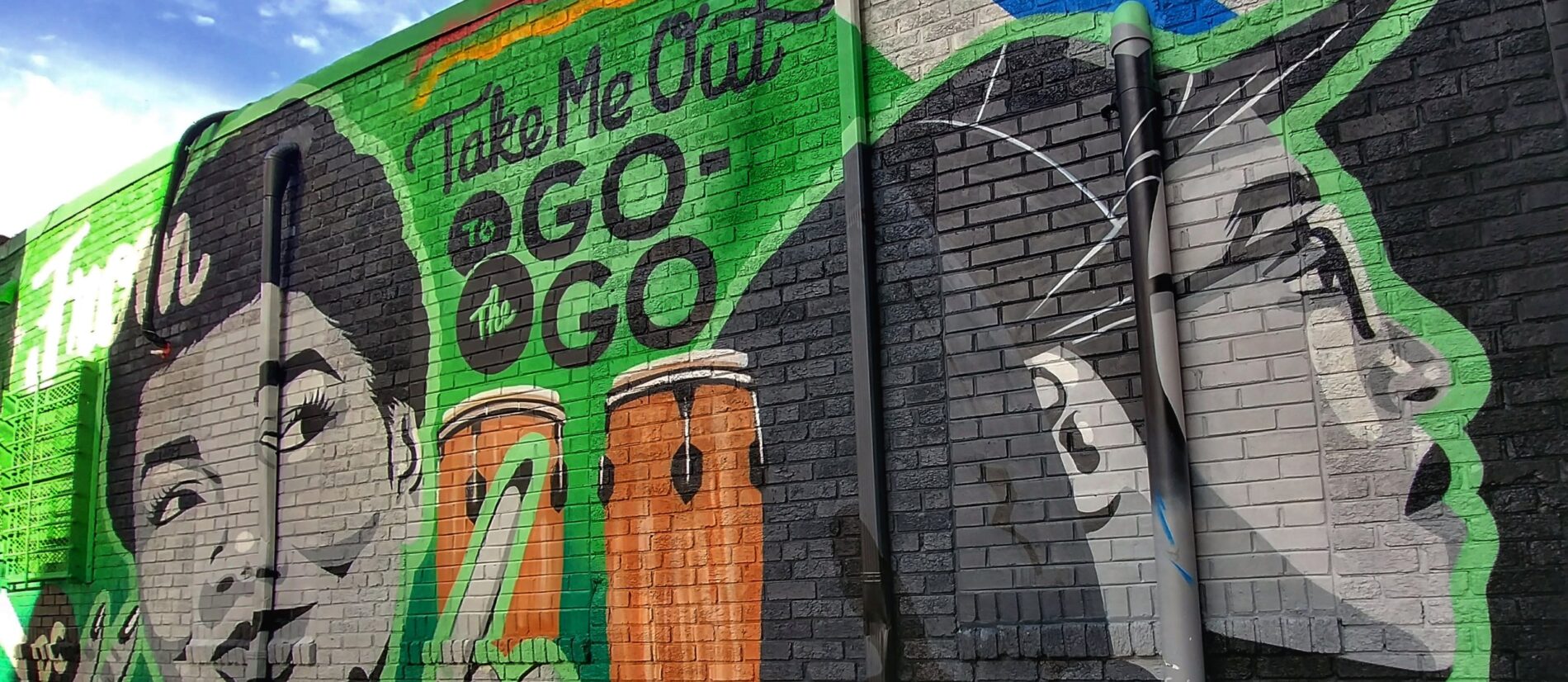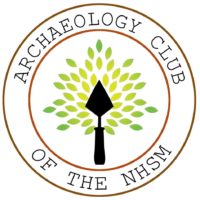African American communities in Washington and its suburbs in Maryland and Virginia have been repeatedly and strategically displaced during the roughly hundred-year period bracketed by the American Civil War and the height of urban renewal and general municipal planning in the region. These cyclical displacements, often seeing communities moved from fringe areas of Washington City to surrounding rural counties, and then moved again in the face of suburban development, have created sites of archeological and place-based heritage that are being encountered anew in the current moment of commercial and residential redevelopment of land.
Archeology has a role to play in these encounters, often through the implementation of highly local regulatory frameworks, and African American citizens have new powers to exercise that can shape the outcomes, and continue to struggle with, protest, and engage regulatory powers to further their own empowerment. The history of collusion between municipal planners and agents of development has left no good faith or trust to build upon while considering these resources. This presentation regards the work of archeologists in such challenging scenarios, and compares recent projects, their outcomes, and their lessons.
About the Presenter: Lyle Torp is the Managing Director of The Ottery Group, based in Silver Spring, Maryland. Since 1998, Mr. Torp has directed the operations of the consulting firm with a staff of twenty-two cultural resource and environmental professionals. He consults on issues related to compliance with Section 106 of the National Historic Preservation Act (NHPA), directs the preparation of environmental assessments under the National Environmental Policy Act (NEPA), and performs a variety of services related to archeological and historical assessments and historic preservation planning. Lyle has served as Principal Investigator and primary author for over 300 technical reports over the past 30 years. Mr. Torp is a past President of the Council for Maryland Archeology (CfMA) and has served two terms on the Board of Directors for the American Cultural Resources Association (ACRA). Lyle is also an Instructor in the Cultural Heritage Resource Management (CHRM) Program at the University of Maryland.
This meeting of the NHSM Arch Club will take place on Zoom. To receive the Zoom link and passcode, register for the event.
Natural History Society of Maryland’s Archaeology Club promotes the value of archaeology in Baltimore City, Baltimore County, and surrounding areas. The goal of the Archaeology Club is to educate citizenry in the ethics, methods, and artifact preservation methods of archaeology and how archaeology can be used to document, discover, and promote local history. The Archaeology Club is inclusive to all persons who have an interest in archaeology.
If you are an archaeology enthusiast, please consider joining us. You must be a member of NHSM to join any of its clubs. Follow this link to learn more: https://www.marylandnature.org/club-membership/
The Natural History Society of Maryland is a volunteer-led non-profit organization, so the fee you pay will go directly to support the programs, the nature collections, and the building that make this kind of nature education possible.


